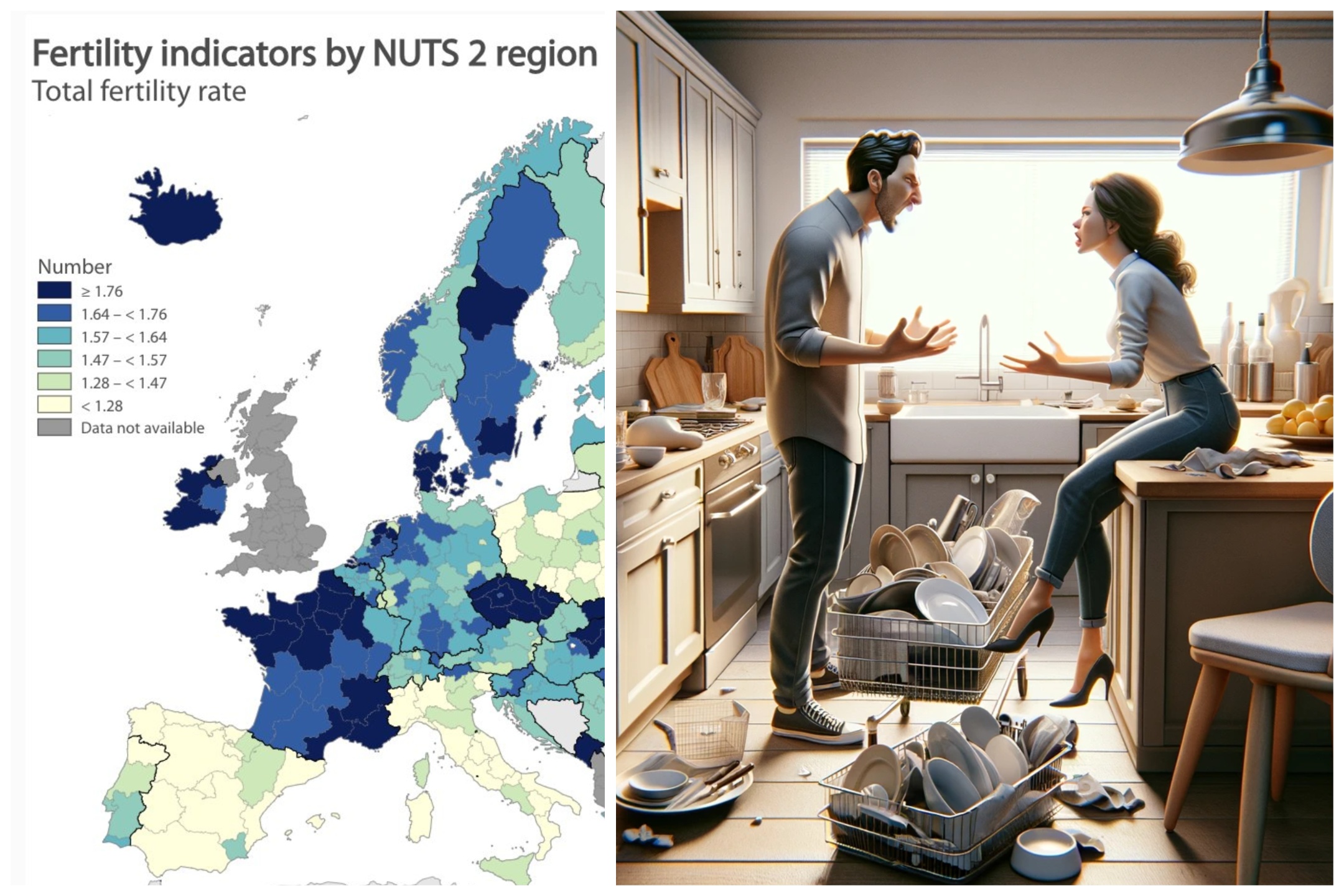THE refusal by men in Spain to chip in with the housework has been linked to the country’s shockingly low birth rate – the second lowest in Europe.
Spain recorded just 1.16 live births per woman in 2022, according to new figures by the EU’s statistics agency Eurostat.
And while a number of theories have been put forward to explain this statistic, it has not gone unnoticed that just 30% of household chores in Spain are done by men.
A study from 2022 found a correlation between countries where men contributed little towards daily chores and low fertility rates.
While in Poland men do only 21% of the housework, their birth rate sits at 1.29 live births per woman, well below the EU average of 1.46.
In the Czech Republic, the figure is even lower – men do 18% of the chores, although their birth rate manages to hover around the EU average.
Japan and South Korea also score very lowly in both metrics, along with Hungary and Slovakia.
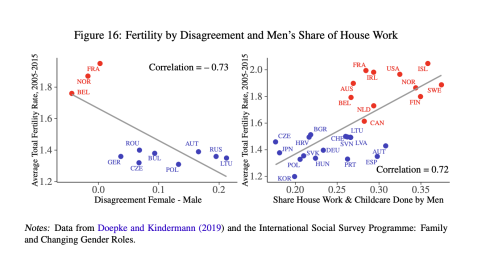
They are all made to look slack by fertility champions Iceland and Sweden, whose men do between 40 and 50% of the chores and boast fertility rates well above the average.
However it is not a flawless theory, with France posting the highest fertility rate in the EU (1.79) while their men actually do less housework than in Spain (28%).
The country with the lowest birthrate in Europe is Malta, with just 1.06 children per woman.
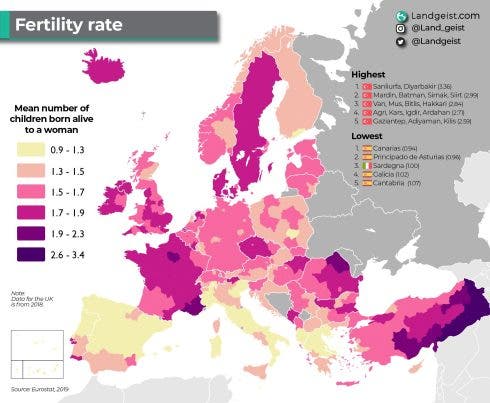
As well as its flatlining fertility rate, Spain also has the second highest ‘mean age’ at childbirth, at 31 years and seven months – beaten out by Italy, where the mean age at birth is 31 years and eight months.
The stats point towards an impending demographic crisis for Spain, as its fertility rate is just half of the ‘replacement rate’ needed to avoid a dwindling population and economic slowdown.
However, it’s a gloomy future that threatens all of the EU, with the average birth rate across the 27 countries being just 1.46 and the mean age of mothers at birth being 31 years and one month.
Candidate EU member Albania had the lowest mean age in Europe at 27.
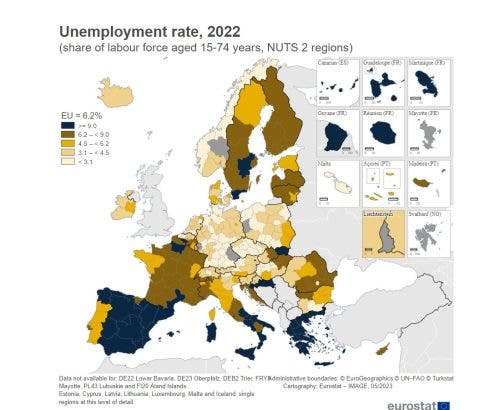
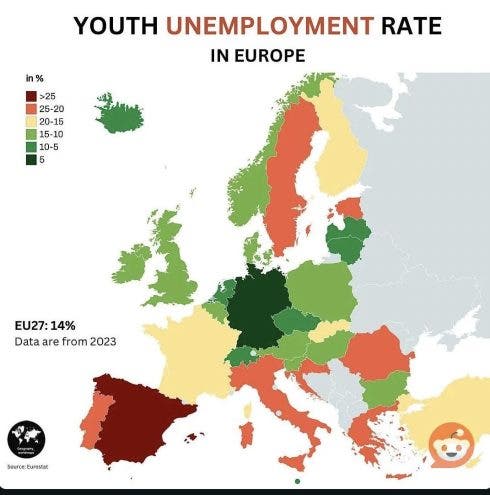
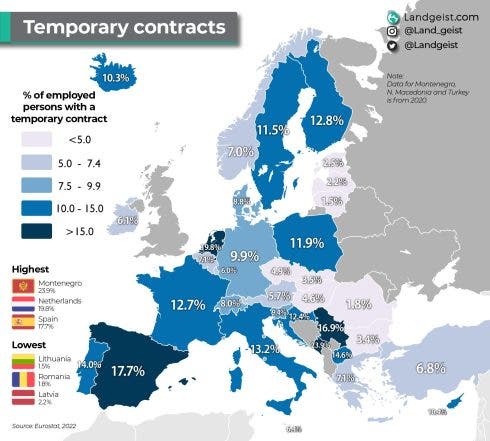
The mean age for a first-born child is just shy of 30 years across the economic bloc.
This trend is mirrored in the number of live births, with 2022 witnessing a significant drop to 3.88 million children born in the EU – a stark contrast to the 6.8 million births recorded in the peak year of 1964.
This decline in birth rates is not a new phenomenon in Spain. Fertility rates have been steadily dropping since the 1970s, due to a complex interplay of social and economic factors.
Many other theories have been put forward to explain Spain’s – and Europe’s in general – declining birth rates.
More Births, a group which describes itself as dedicated to coming up with ‘ideas for reversing the collapse in global fertility, the greatest challenge of our age’, blamed shifting social values, economic uncertainty, a lack of affordable housing and work-life balance concerns for the steep decline.
Younger generations in Spain are prioritising education, careers, and travel over starting families at a young age, they suggested.
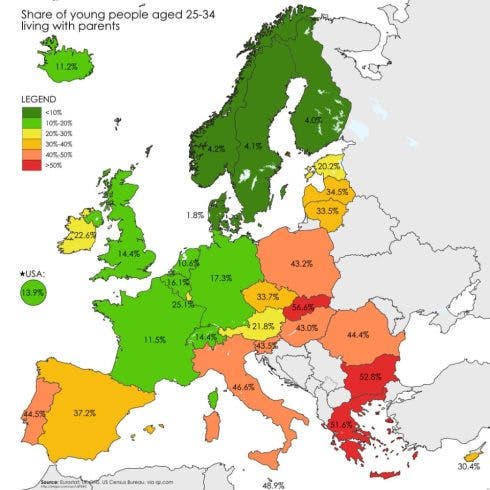
This is especially so as women’s participation in the workforce and pay rates start to gradually even out against men’s.
On top of this, marriage rates have declined in Spain and Italy, and the average age of marriage has shifted into the 30s, aligning with a period when fertility begins to wane.
Meanwhile, Spain’s economic struggles over the past decade, including high youth unemployment still above 25% and precarious work conditions.
“Spain leads all of Europe with nearly 18% of work contracts being temporary, and it is disproportionately young people in temp jobs,” More Births wrote on Twitter.
“A second cause of low birthrates is ‘failure to launch.’ An astonishing 47% of young people in Italy ages 25-34, the prime childbearing years, live with their parents!
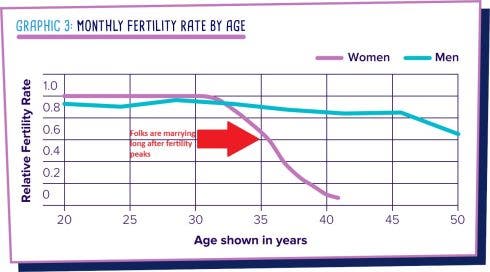
They also cited the dwindling influence of the Catholic Church, with ‘non-believers accounting for more than half of young people between the ages of 18 and 38 (57%).’
Another trend is the soaring cost of housing, particularly in major cities, makes it challenging for young couples to find adequate living space to raise a family.
More Births also listed Spain’s long working hours and limited access to affordable childcare, which make it difficult for both parents to balance work and family life.
The long-term consequences of Spain’s declining birth rate are concerning.
A shrinking population can lead to labour shortages, increased strain on social services including healthcare, and a slowdown in economic growth and a reduction in living standards.

